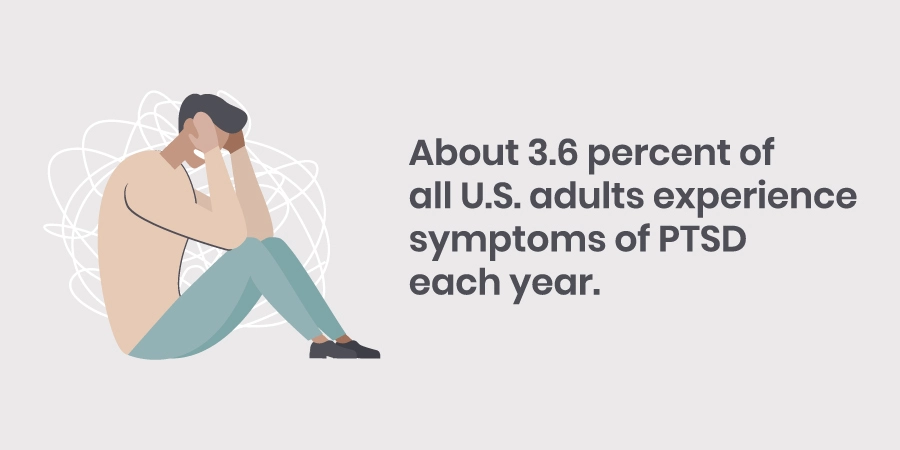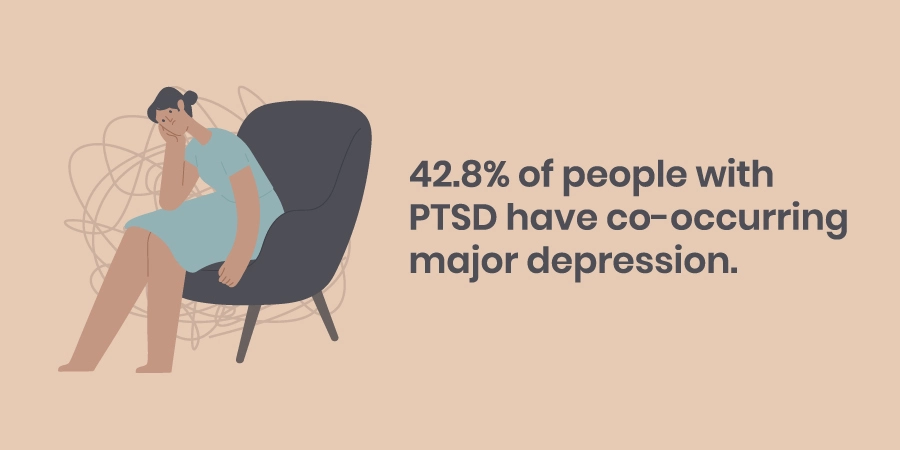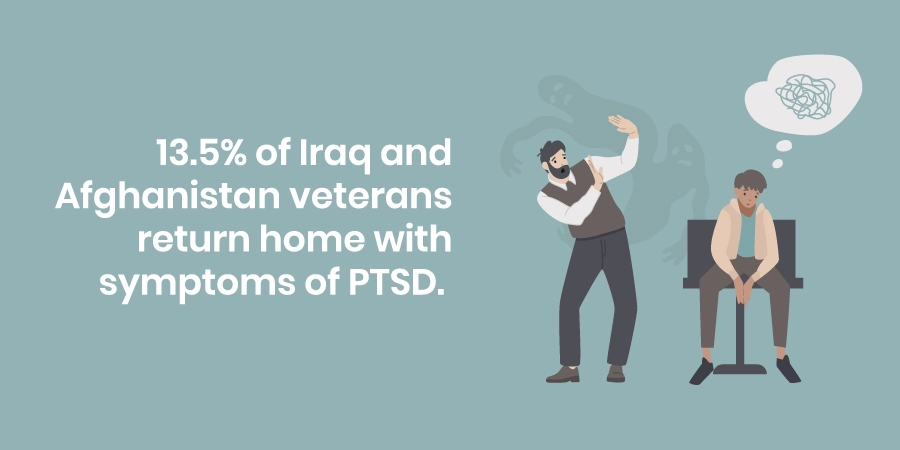We Are Here To Help
There’s Always Another Option. ♡
- © Copyright 2024 Alternative Options Counseling Center, Inc | Site Map
Home - Trauma & PTSD - Ptsd Orange County
Post-traumatic stress disorder, or PTSD, can negatively impact someone’s life in many ways. Symptoms can include flashbacks, disturbing thoughts, negative feelings, and avoiding triggering situations. If you are struggling with PTSD in Orange County, California, you do not have to go through it alone. Many PTSD Orange County resources are available that can help.

Let us guide you through your options and treatment opportunities. Contact Alternative Options today.
Navigating PTSD Orange County treatment options can seem confusing. At Alternative Options, we have many treatment options that can help those in Orange County get the help they need for PTSD. We offer a variety of therapies, inpatient care, and other treatment options for any co-occurring disorders.

When someone struggles with PTSD, they may experience a number of different symptoms. It’s important to know the symptoms of PTSD to recognize when someone is struggling and to find PTSD Orange County resources. The next sections will detail some of the most common symptoms of PTSD.
The combination of depression and PTSD can significantly impact a person’s quality of life. It’s important to diagnose any potential co-occurring mental health issues along with PTSD during treatment.

PTSD can lead to co-occurring disorders. As mentioned earlier, PTSD and depression can often co-occur. Substance abuse is also common with PTSD. Research has found that those who have diagnosable PTSD are about three times more likely to have a co-occurring substance use disorder.9
There are several methods that can be used to treat PTSD. Some forms of therapy will be a staple of most PTSD treatment programs. During therapy sessions, your therapist will help you talk through problems and learn about your symptoms. You’ll likely be taught coping skills, work on ways to improve symptoms and gain further insight into situations that caused past trauma.

If you’re searching for PTSD Orange County treatment options, it’s important to know why seeking local treatment is the right answer. A local treatment center like Alternative Options will help those residing in the Orange County area get the best results. Whether you choose inpatient or outpatient care, you’ll know you’re close to home to have support from loved ones.
Mental health can affect anyone at any time. Recent data has found that 50 out of every 10,000 residents in the Orange County area are hospitalized each year for issues regarding substance abuse and mental health, including those who struggle with PTSD. Having the right help for mental health and PTSD in Orange County is crucial to tackling these common issues.11

When you choose our PTSD Orange County services, you’ll get a plan tailored to your specific needs. All of our PTSD Orange County programs are centered around evidence-based practices that have proven to be successful. Our PTSD Orange County staff is also highly trained to help with a variety of different conditions and causes that contribute to PTSD symptoms. We offer a variety of therapeutic options and are confident we have services that will fit your specific needs.
To learn more about PTSD Orange County treatment at Alternative Options, contact us today to get more information. We’re here to answer any additional questions you may have.
1 https://www.nimh.nih.gov/health/statistics/post-traumatic-stress-disorder-ptsd
2 https://www.ptsd.va.gov/understand/common/common_veterans.asp
3 https://www.ncbi.nlm.nih.gov/pmc/articles/PMC5047000/
4 https://www.ncbi.nlm.nih.gov/pmc/articles/PMC6507912/
5 https://www.ncbi.nlm.nih.gov/pmc/articles/PMC6139638/
6 https://www.ncbi.nlm.nih.gov/pmc/articles/PMC9189434/
7 https://www.ncbi.nlm.nih.gov/pmc/articles/PMC6516338/
8 https://www.ncbi.nlm.nih.gov/pmc/articles/PMC4518698/
9 https://www.ncbi.nlm.nih.gov/pmc/articles/PMC3415609/
10https://pubmed.ncbi.nlm.nih.gov/34881734/
11 https://ocbc.org/2022-23-orange-county-community-indicators-report-launched/
Serving Los Angeles and Orange County Areas
We Are Here To Help